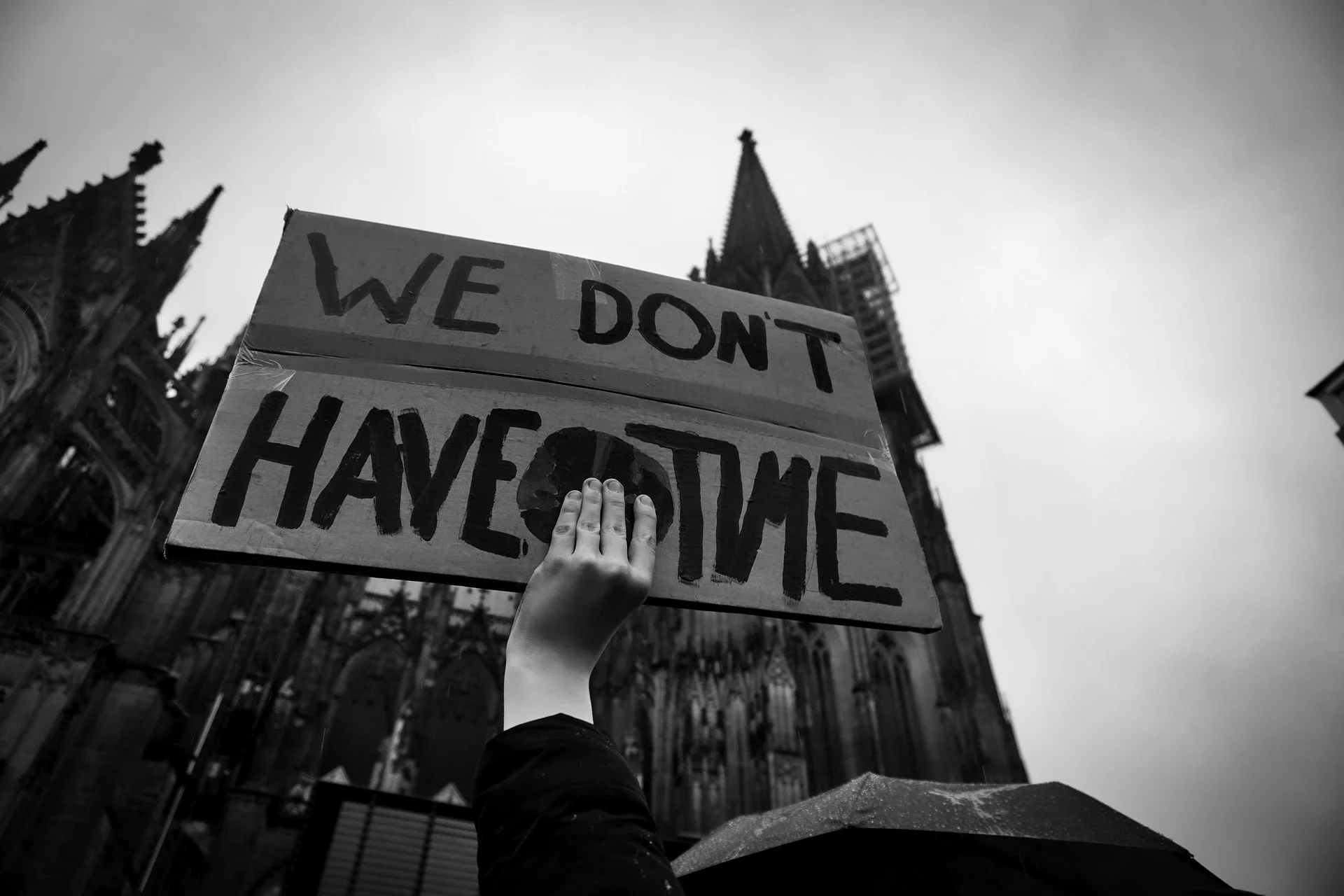“It’s 2019. Can we all now call it what it is: climate breakdown, climate crisis, climate emergency, ecological breakdown, ecological crisis and ecological emergency?”
When does a single, distinct, meaningful element of speech or writing, used with other words — the dictionary definition — take on added meaning?
On this World Environment Day, it’s instructive to note that The Guardian recently changed its in-house style guide to more accurately reflect the threats that confront the environment. The style guide, used by reporters, journalists, columnists and the newspaper’s editorial board, will now use “climate emergency” and “climate crisis” rather than the more generic — and conservative — “climate change.”
Don’t expect the Daily Mail or the Telegraph to follow.
That doesn’t matter, though. Anyone well-informed and well-read enough to know the difference between “change” and “crisis” knows that the situation confronting the natural world is dire.
Crisis is a time of intense difficulty, trouble or danger.
An emergency is a serious, unexpected, and often dangerous situation that requires immediate action.
“Global warming” is yesterday’s news; today’s
generally accepted, environmentally correct nomenclature is “global heating.”
Some may favour “global overheating,” but the point is clear either way.
Other changes: “wildlife” instead of “biodiversity.” Wildlife is clearer, simpler and easier to impart — more Attenborough than MIT.
And then there’s “climate science denier,” instead of “climate sceptic.”
“People need reminding that the climate crisis is no longer a future problem,” Guardian editor-in-chief Katharine Viner said in April. “We need to tackle it now, and every day matters.”
Yes, yes, yes, the climate deniers say. But what if she’s wrong?
It’s World Environment Day. The more pertinent question may well be: Yes, yes, yes, but what if she’s right?

